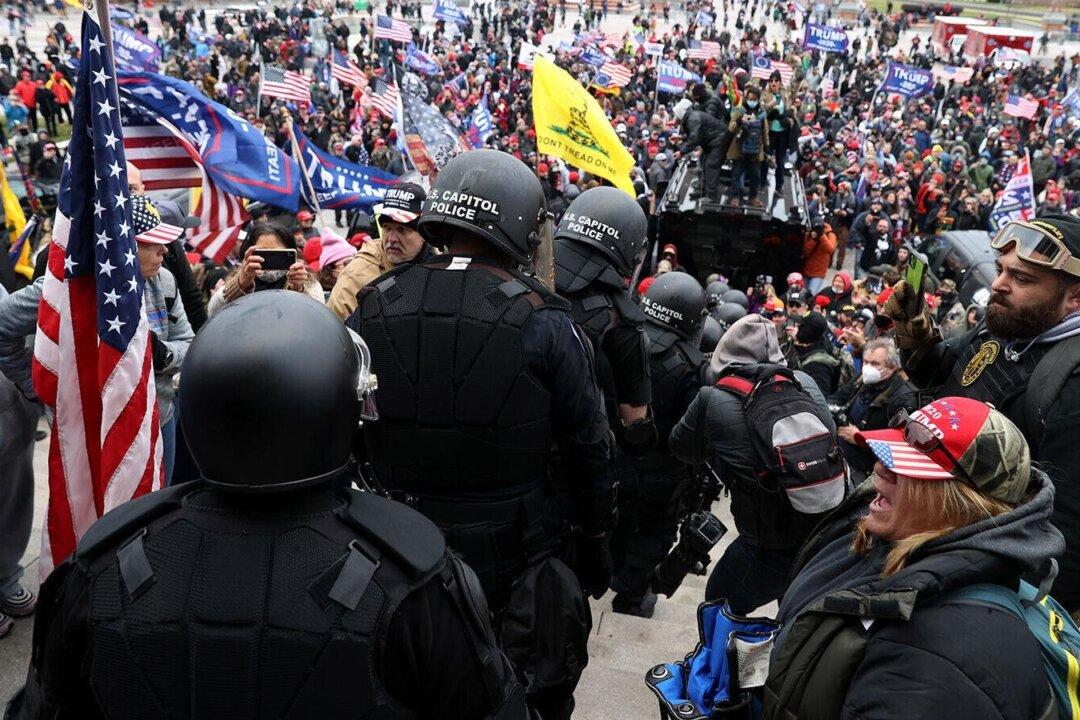The trials of nine members of the Oath Keepers charged with seditious conspiracy and obstructing a government proceeding on Jan. 6, 2021, were moved back to Sept. 26 and Nov. 29 under a ruling issued by U.S. District Judge Amit Mehta in Washington on May 6.
During a May 6 status conference, Mehta agreed to a defense request to delay the trials by more than two months. The trials had been set for July 12 and Sept. 26.





